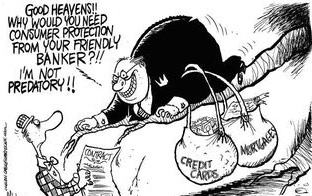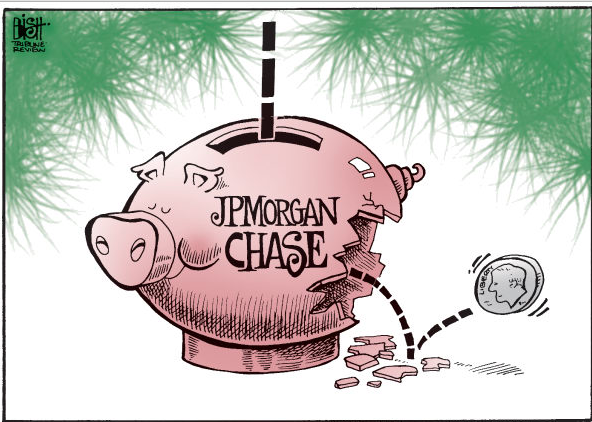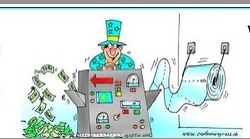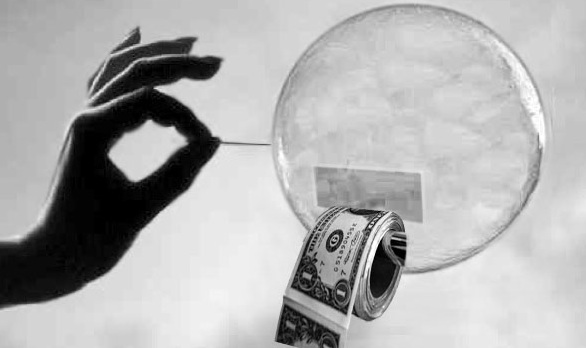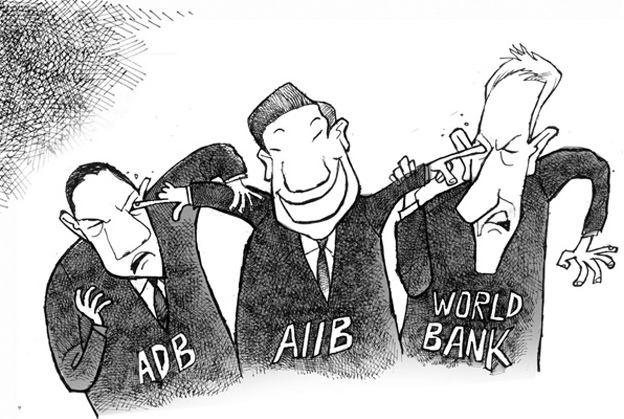Yahoo’s earnings are down. Bests prospects are the sale of their Alibaba stock. Did Marissa Mayer take on an impossible job? At least she is being paid lots of money.
Business Insider reports: Three years into Marissa Mayer’s project to rebuild Yahoo, the wheels are starting to come off.
Never mind that the company’s revenue remains stagnant and that it has not yet managed to create anything close to a hit product that would spark some buzz among consumers and investors.
Or that Snapchat reportedly dumped Yahoo from its Discover service because it decided Yahoo was simply not relevant to its younger “millennial” audience. Or that Yahoo’s stock has fallen 25% since May.
The real problem facing Yahoo is that its own team looks as if it’s giving up.
That became all too clear with Monday’s news that Jackie Reses, one of Mayer’s key lieutenants who joined the team early on, is leaving to join the digital-payments company Square, which is approaching an initial public offering.
Reses and some of the other recent departures are not long-suffering Yahoo employees who have finally decided to move on after years of CEO changes, company re-orgs, and other hardships.
This is the core team handpicked by Mayer to lead the comeback effort. These are the people who bought in to the vision and, it would appear, who have now lost faith that Mayer will lead them to the promised land.
Kathy Savitt, the chief marketing officer and another marquee Mayer hire, left Yahoo last month. Lisa Licht, Yahoo’s senior vice president of marketing partnerships, and roughly a dozen other execs have also left in recent months.
Yahoo’s management page still shows a 15-person senior leadership team (not including Reses, who is still listed).
But a few big names on that list would really damage whatever credibility the company’s comeback effort still has if they were to leave.
These include Jeff Bonforte, a Yahoo “boomerang” hire who oversees the company’s communications products, and Adam Cahan, who spearheads Yahoo’s video and emerging products.
And then of course, there is CFO Ken Goldman, who Mayer tapped early on to bring some Silicon Valley experience and gravitas to the turnaround effort.
Of course, with Yahoo moving forward with the planned spin-off of its 15% stake in the Chinese e-commerce giant Alibaba, it may simply be that it’s mission-accomplished time for much of the executive team.
The IRS has refused to give its advanced blessing to make the Alibaba spin-off a tax-free transaction, as Yahoo and its shareholders want. But Yahoo has indicated that it will push forward with the plan regardless.
Yahoo’s stake in Alibaba is the real reason Yahoo’s own stock has more than doubled since Mayer took the reins in July 2012.
Yahoo’s shareholders would prefer a tax-free spin-off. But even if the spin-off is not entirely tax-free, completing it will give Yahoo’s management team a convenient opportunity to trumpet an achievement and to wash their hands of the rest of Yahoo.
Sun Trust analyst Robert Peck speculated in a note to investors that Yahoo could become an acquisition target or a private-equity play after the Alibaba spin-off.
Yahoo’s turnaround would of course still be a work in progress. But then, maybe it was never about that to begin with.


